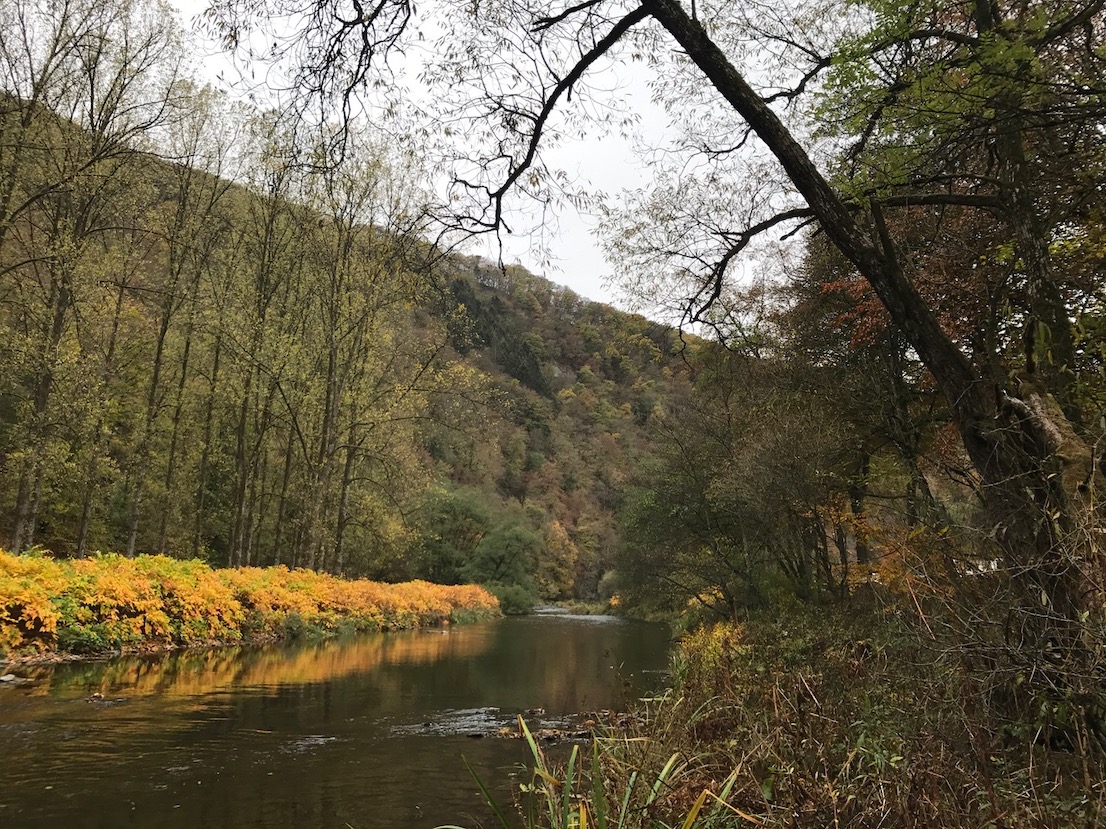„Laanscht d‘Uelzecht an d‘Sauer schéngt eng ganz Rëtsch Beem krank oder vun engem Insekt befall ze sinn. Jiddenfalls sinn d’Blieder vun dëse Beem gefriess ginn a schéngen och net méi nei ze schéissen. Sou z.B. tëscht Ettelbréck an Dikrich laanscht d’Ënnersauer.
An deem Kader wollt ech der Madamm Ministesch fir Ëmwelt, Klima an nohalteg Entwécklung folgend Froe stellen:
- Ass d’Naturschutzverwaltung dësem Phänomen schonn op de Fong gaang?
- Ëm wat fir eng Kränkt handelt et sech?
- Handelt et sech heibäi éischter ëm een zäitweilegen oder ëm ee reng zoufällege Phänomen ?“
Answer
Ass d’Naturschutzverwaltung dësem Phänomen schonn op de Fong gaang?
Ëm wat fir eng Kränkt handelt et sech?
Der Naturverwaltung ass opgefall, dass verschidde Weiden zu engem Moment keng Blieder haten.
Alles deit drop hinn, dass d’Blieder vun Insektelarve gefriess goufen. Fir d’Identifkatioun ze maachen, hätten d’Insekte wärend dem Friesse bestëmmt misse ginn. Nodréiglech eng genau Analyse ze maachen ass net méiglech.
Et sief bemierkt, dass dëst duerchaus een natierleche Phänomen ass.
Handelt et sech heibäi éischter ëm een zäitweilegen oder ëm ee reng zoufällege Phänomen?
Sou eng Situatioun kënnt ëmmer an der Natur vir wann den Zäitpunkt vum Lafausdriff mam Moment wou déi meeschten Insektelarven virkommen iwwertenee fällt. Et kann een dovun ausgoen, datt déi meeschte Beem sech rëm erhuelen an nach am Laf vum Summer een zweeten Driff wärte maachen. Wann d’Wiederkonditioune weider sou defavorabel fir d‘Beem bleiwen, kann awer och net ausgeschloss ginn, dass verschidde Weiden (ewéi och aner Beem) ofstierwe wäerten.






